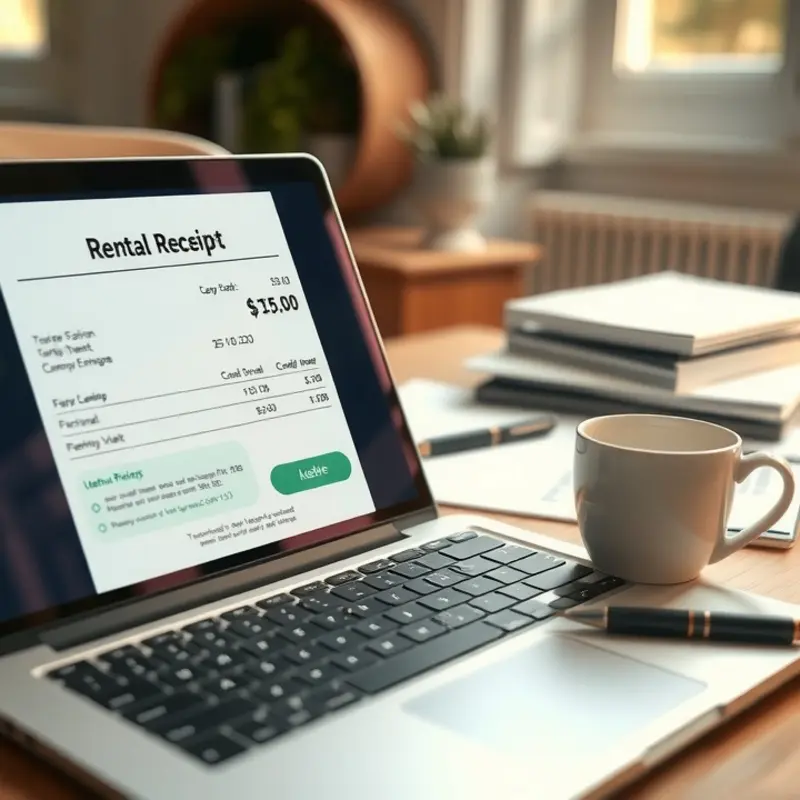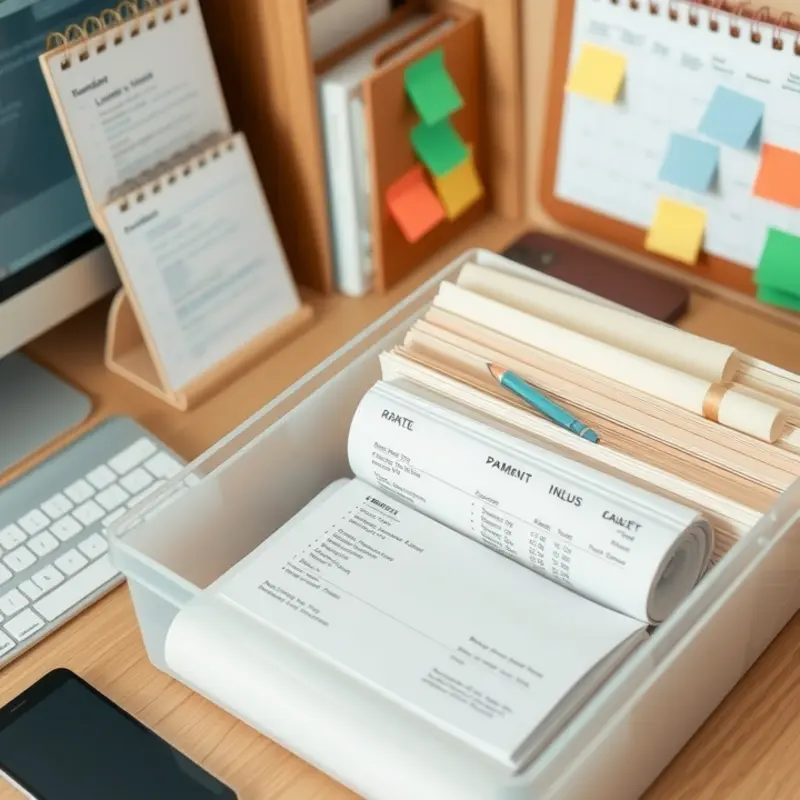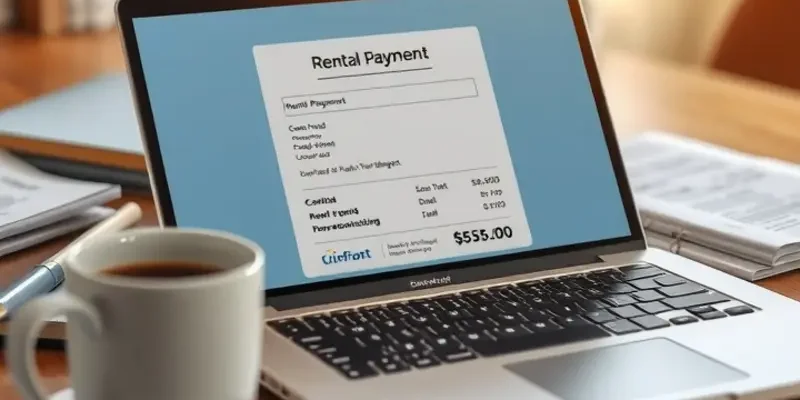Navigating the world of renting can be overwhelming, especially for young professionals, first-time renters, students, couples, and families. With leases to sign and payments to make, understanding the intricate details of apartment rental agreements is crucial for financial clarity. One such detail is the importance of payment receipts, which serve not only as proof of payment but also as vital documentation in case of disputes. As you embark on your renting journey, being well-informed about payment receipts will help ensure that you fulfill your obligations while protecting your rights as a tenant. This guide aims to unravel the complexities surrounding apartment payment receipts, helping you manage your finances effectively and enjoy your new living space with peace of mind.
The Role of Payment Receipts in Rentals

Payment receipts are crucial components in the world of leasing agreements. They extend beyond basic record-keeping and are indispensable for safeguarding tenant rights. Legally, a payment receipt serves as proof of transaction, confirming that the tenant has fulfilled their financial obligation. This piece of evidence can be vital if disputes arise regarding rental payments.
As a tenant, having a receipt ensures you are not wrongfully charged for missing or delayed payments. If a discrepancy occurs or an error is made by the landlord or management company, a receipt can quickly clarify the matter. For more on resolving billing errors, consider reviewing this guide on resolving rental billing errors. Understanding and having access to these documents is essential for protecting oneself legally.
An array of receipt types may be encountered during a lease. Traditional paper receipts are common, but digital receipts are increasingly prevalent due to their convenience and eco-friendliness. Email receipts provide a timestamped, easily retrievable record of a transaction, while text message confirmations offer instant assurance. Additionally, some systems generate automatic receipts for online transactions, ensuring both parties are promptly informed.
Keeping these receipts organized is essential for maintaining financial clarity. An organized system, whether physical or digital, allows for quick access and review. This practice not only supports day-to-day budget management but also aids in preparing for larger financial commitments, such as pursuing home ownership or further education. For renters, knowing exactly what they’ve paid and when can prevent later confusion and ensure accurate financial planning.
Beyond individual disputes, payment receipts play a larger role in negotiations and lease renewals. Tenants with a history of timely payments can use receipts as leverage to request more favorable lease terms or negotiate minor improvements to their rental unit. This history serves as a testament to reliability and financial responsibility.
In summary, payment receipts are more than transactional acknowledgments. They are protective tools, linchpins linking financial transactions to legal rights in leasing scenarios. Familiarity with their importance and maintaining an organized record can prevent conflicts and facilitate smoother rental experiences.
How to Request and Store Payment Receipts

Whether you’re a young professional, a student, or part of a family household, understanding the importance of receiving and maintaining your apartment payment receipts is crucial. Here’s how to ensure you have the right systems in place to both request and store these documents effectively.
When requesting payment receipts from your landlord or property manager, clarity and consistency are key. Start by specifying your preferred format—either digital or physical—when you first sign the lease. This reduces misunderstandings about how you’ll receive your receipts. If your landlord or property manager is open to digital formats, email can be a convenient way to promptly receive your receipts. Be sure to communicate any changes in your contact information to avoid missed documentation.
It’s essential to verify the details on your receipts each time you receive them. Double-check that they include the correct amount paid, the date of payment, and the rental period covered. If you notice discrepancies, address them immediately with your landlord to prevent any potential disputes.
Once you’ve secured your receipts, consider various storage options. For digital storage, use cloud-based systems to back up your documents, enabling access from any location with an internet connection. You could employ a system where you organize receipts by year and month, possibly in folders marked with the type of payment (e.g., rent or utilities).
Physical receipts require a bit more attention to ensure they remain legible and secure. Store them in a dedicated folder or filing cabinet organized by date. Adding them to your financial records as soon as you receive them can keep your documentation up to date and easy to navigate.
Tracking your rent payments can significantly ease your budgeting process. By regularly updating your payment records in a budget tracking tool or spreadsheet, you’ll have a clear view of your financial obligations and cash flow. Include the exact dates, amounts, and method of payment used to avoid any oversights.
Incorporating your housing expenses into a broader financial planning process can shed light on potential savings and opportunities for investment. For more tips on budgeting as a renter, check out financial planning for renters, which can provide additional insight into managing your finances effectively.
Maintaining thorough records of your payment receipts not only helps you track your funds but also offers protection in disputes. It reinforces your credibility and keeps your financial life transparent and organized. Building good habits around requesting and storing receipts can pave the way for successful financial management in the future.
Final words
Understanding and managing your apartment payment receipts plays a crucial role in your renting experience. By keeping these documents organized and accessible, you not only protect yourself but also enhance your financial clarity. As a young professional, student, or family, knowing how to effectively request and maintain these receipts gives you peace of mind. Start your journey as an empowered renter today. Remember, an informed tenant is a confident tenant.









